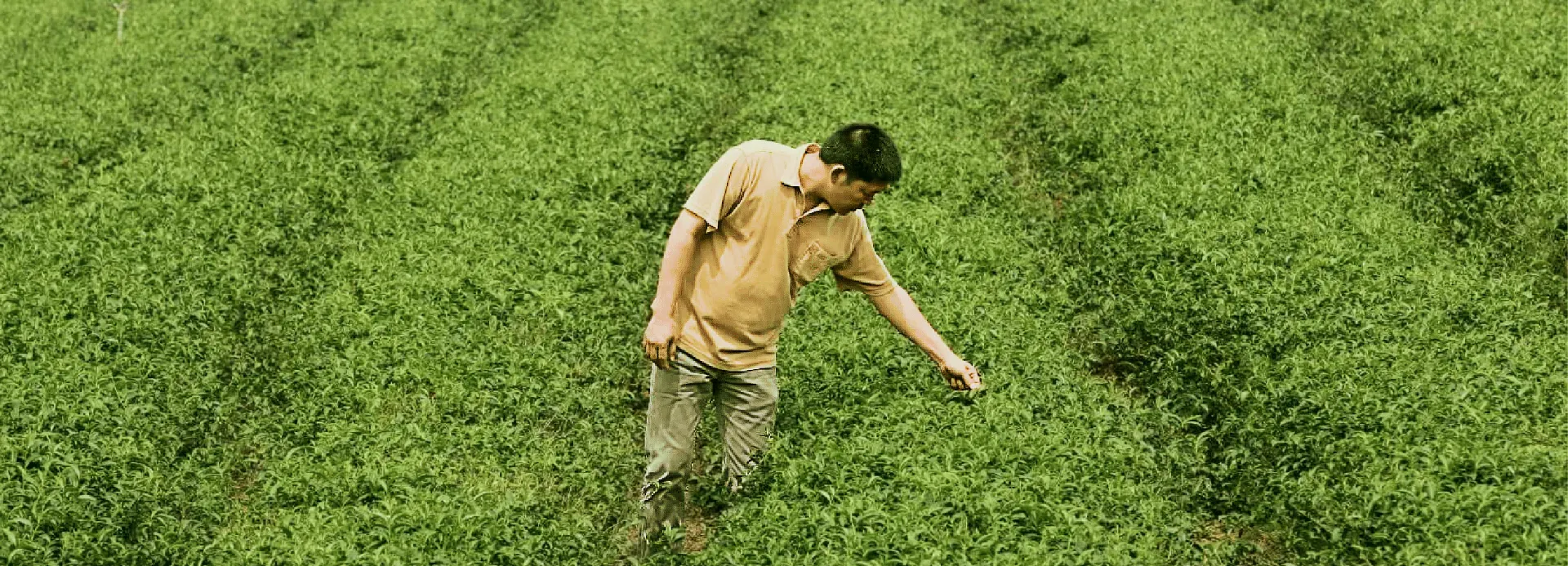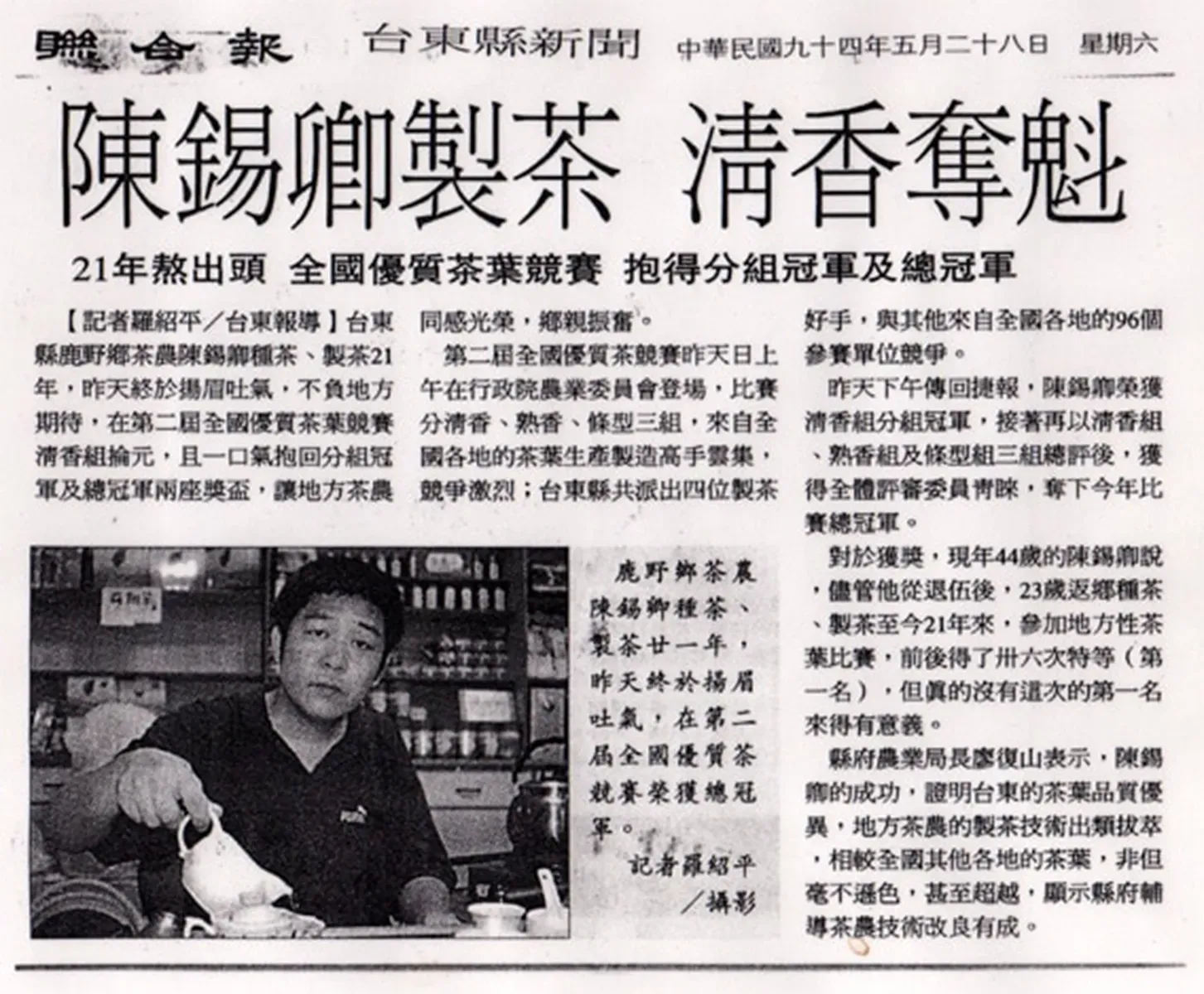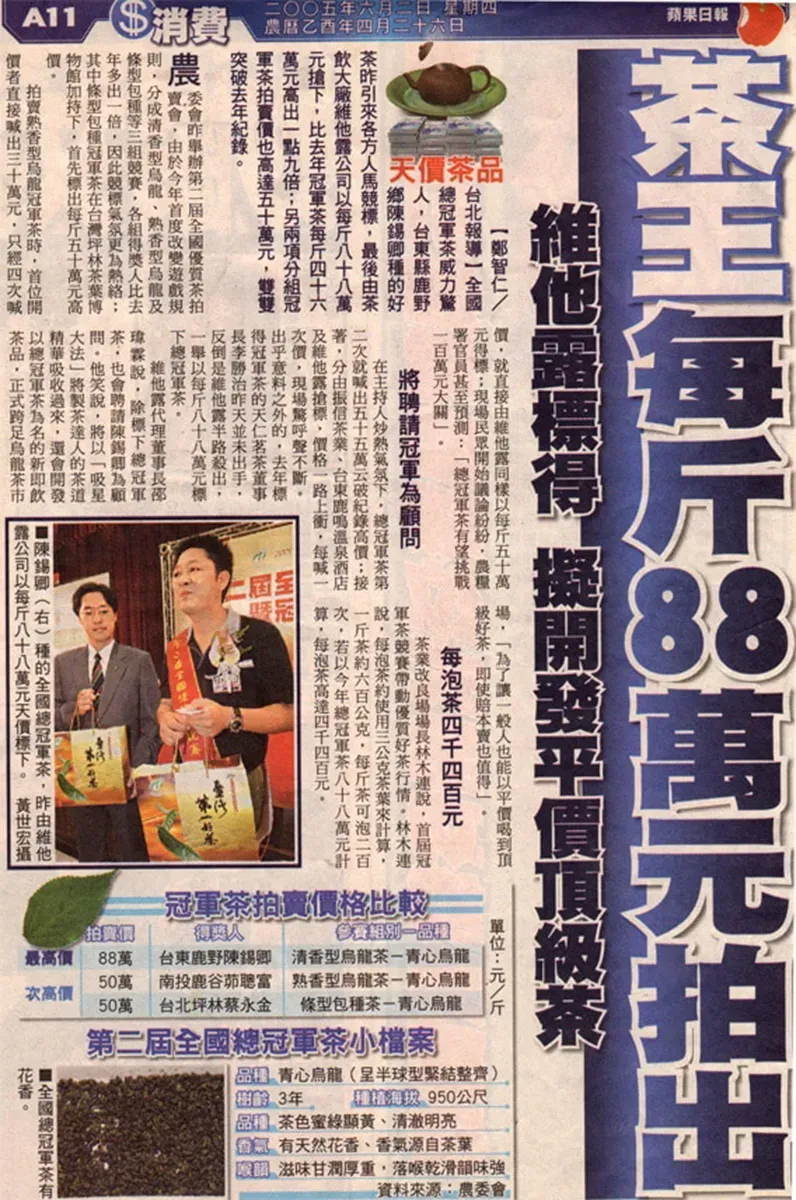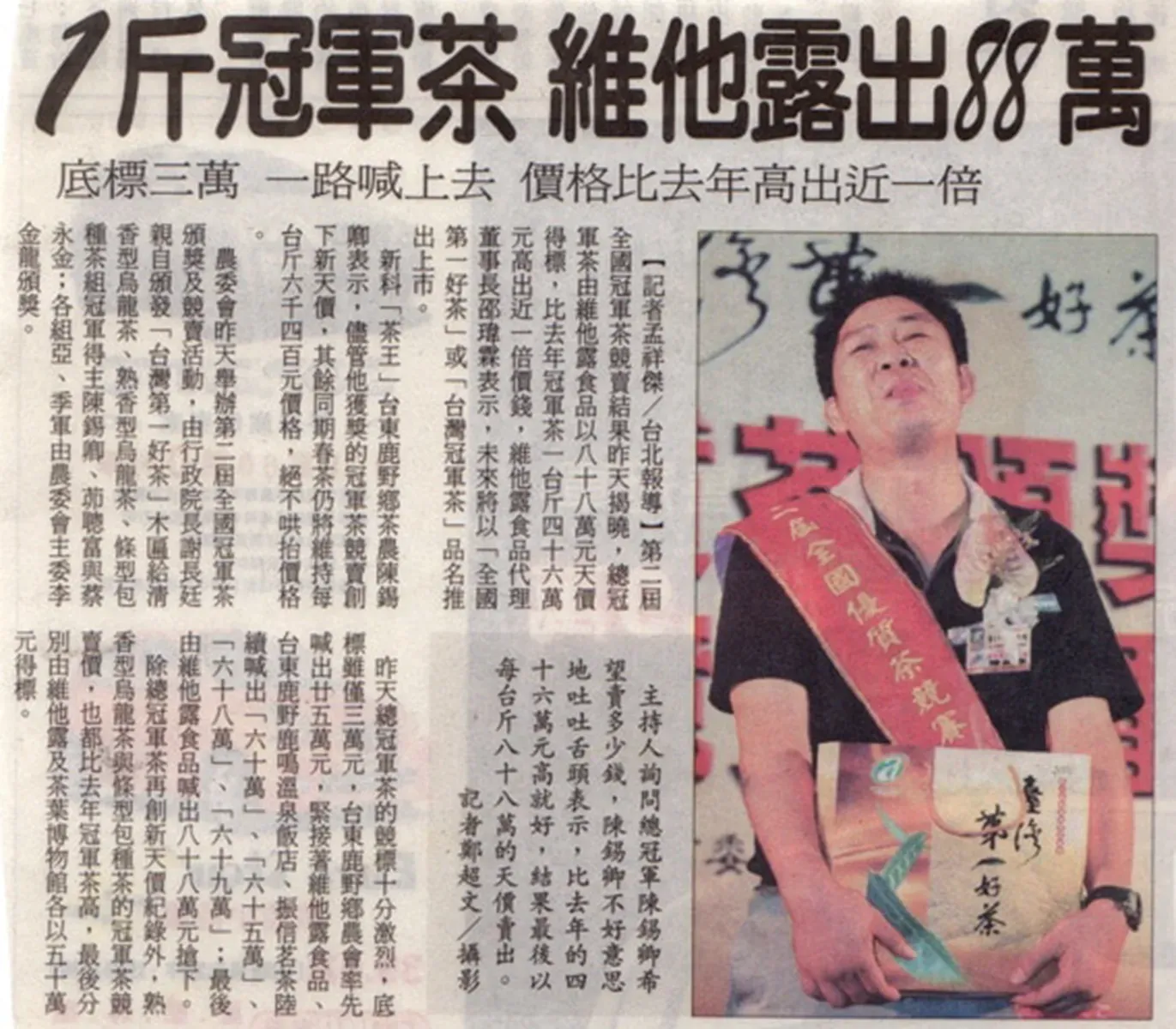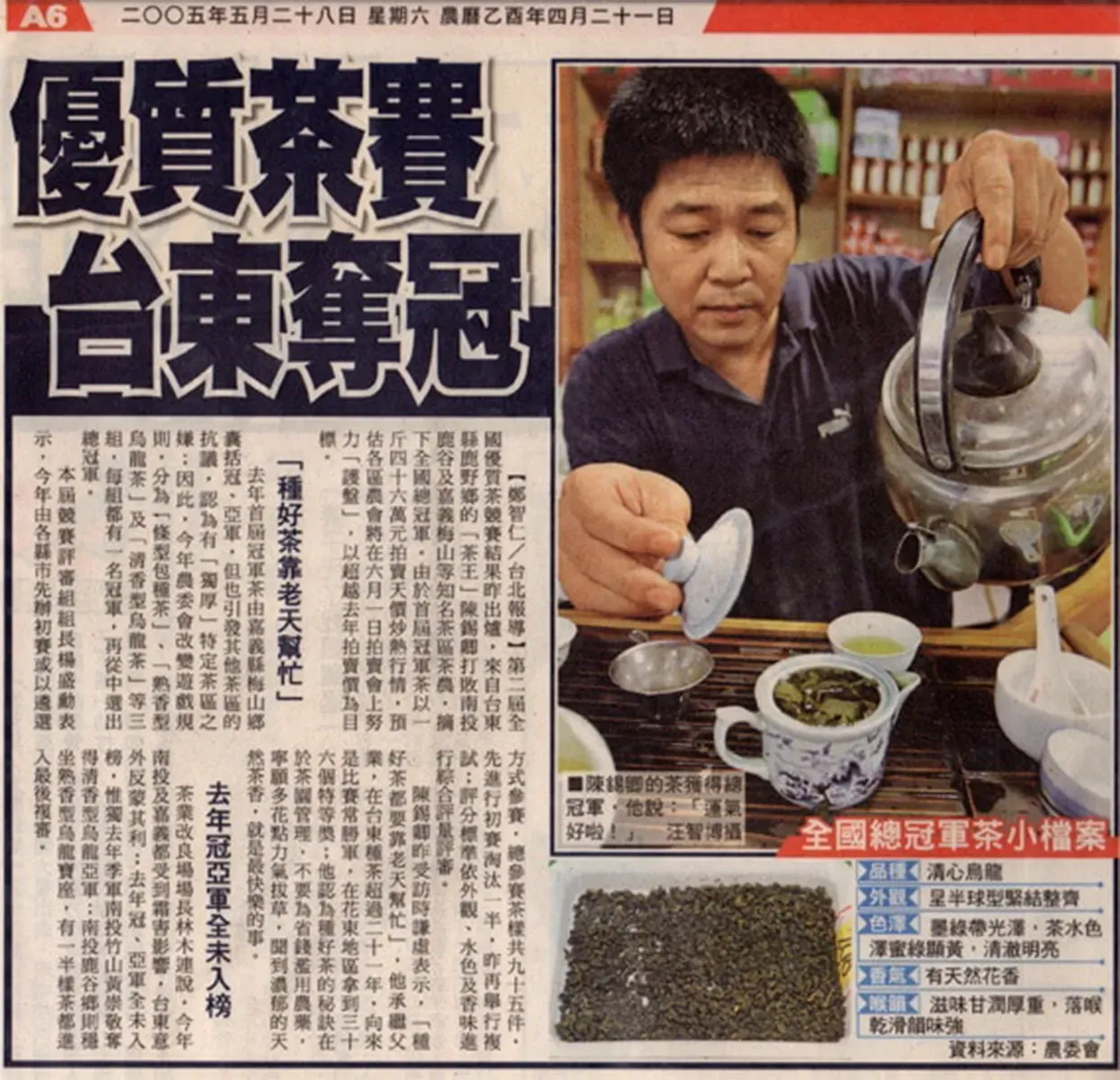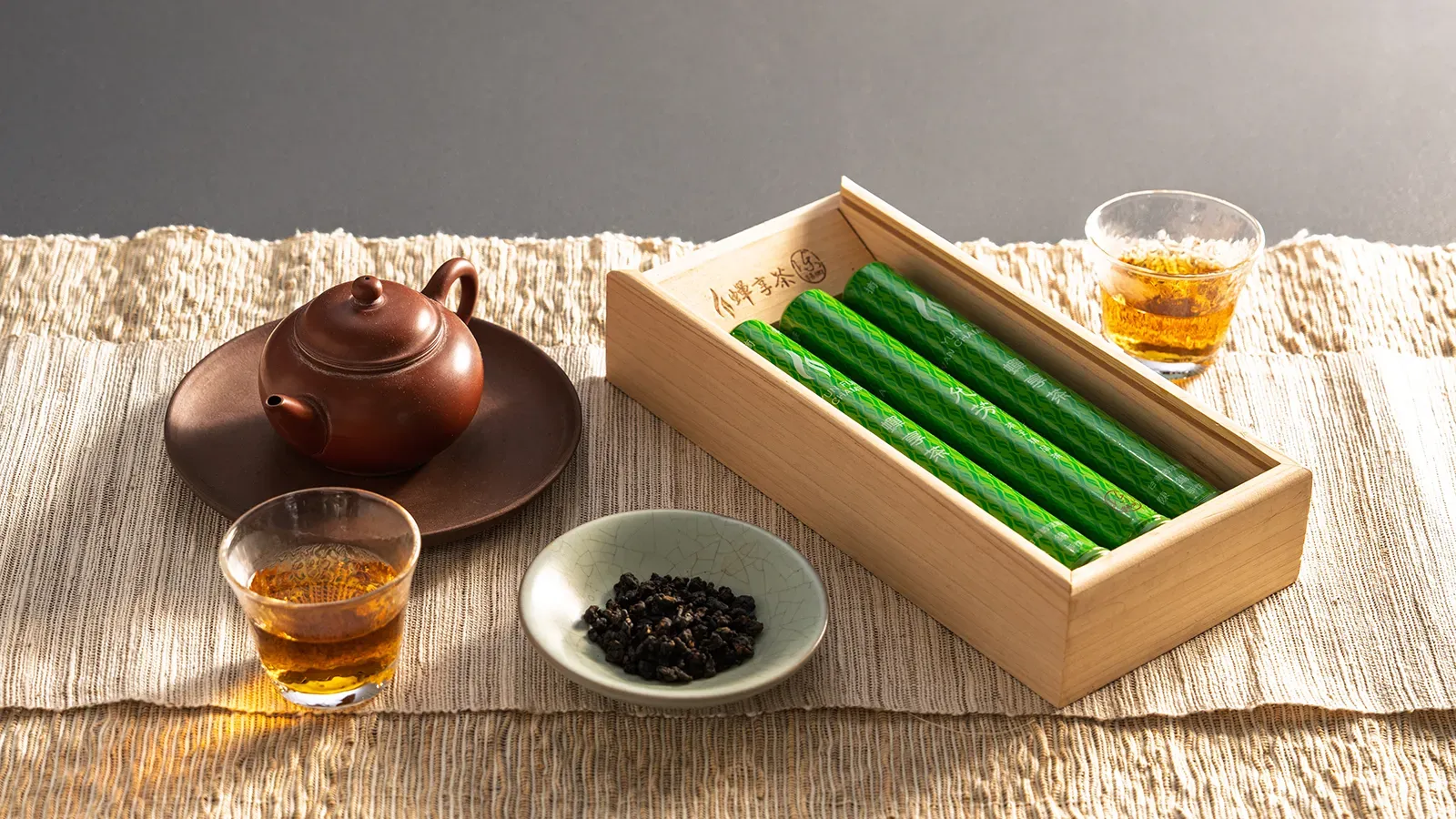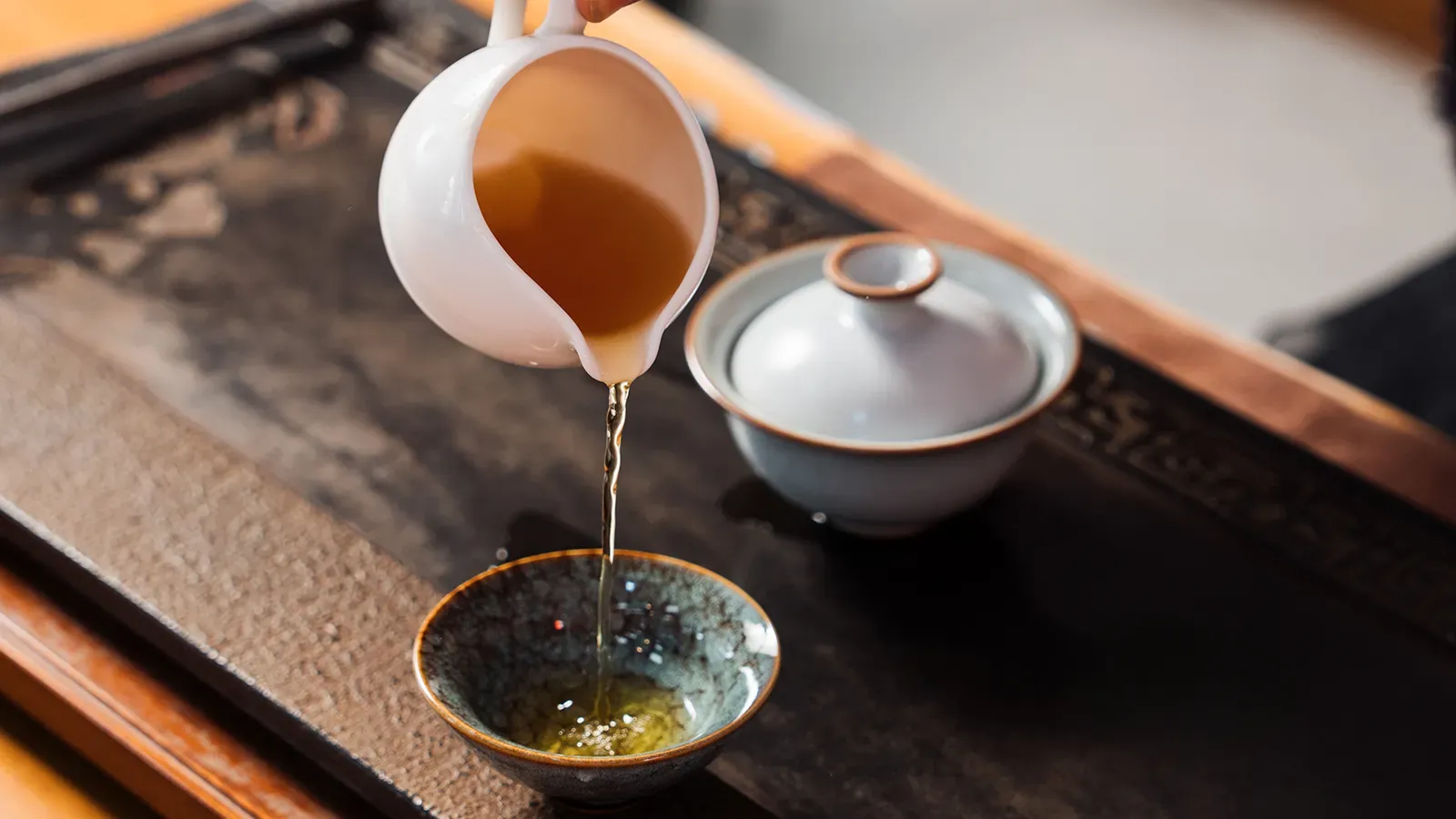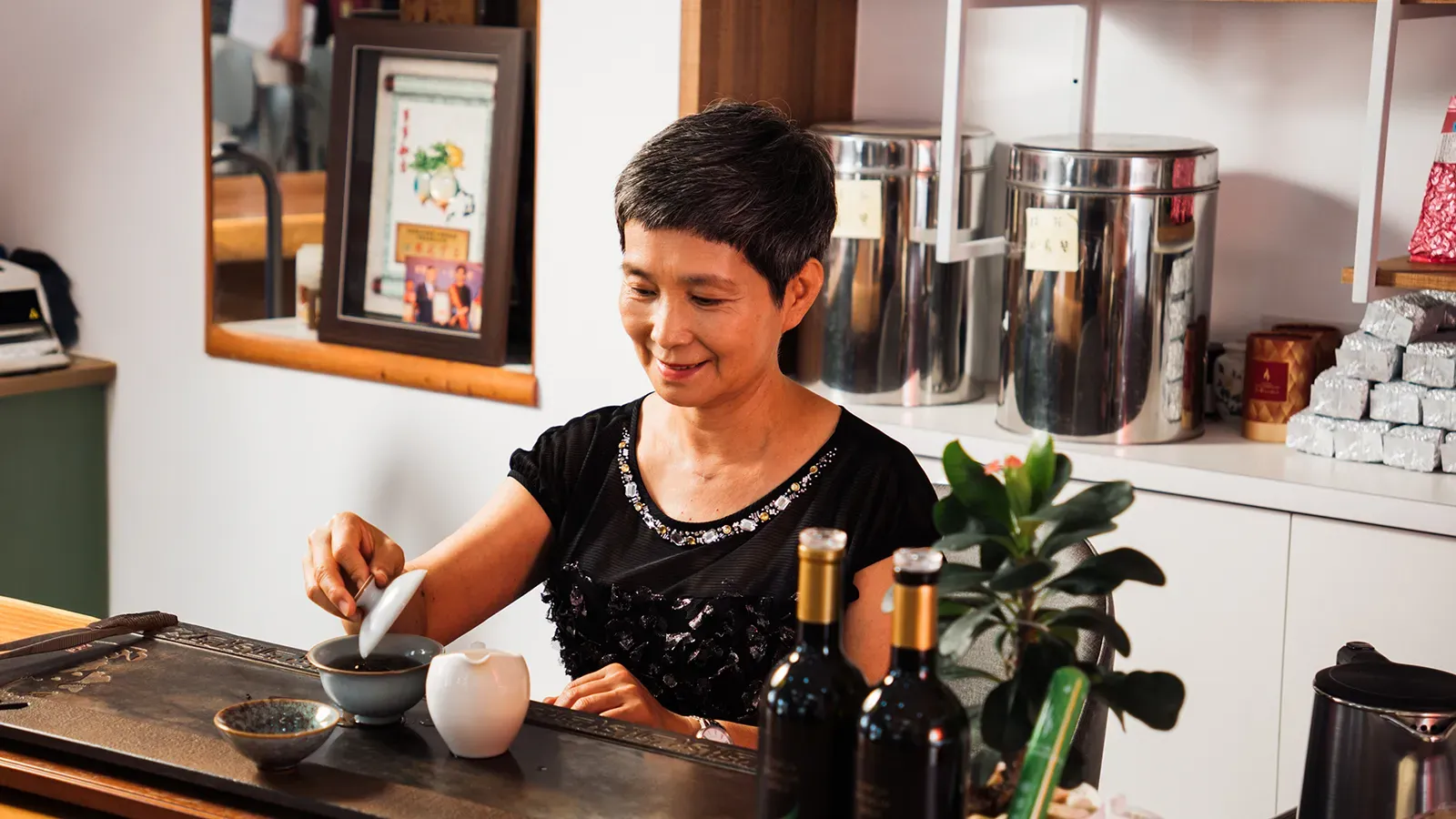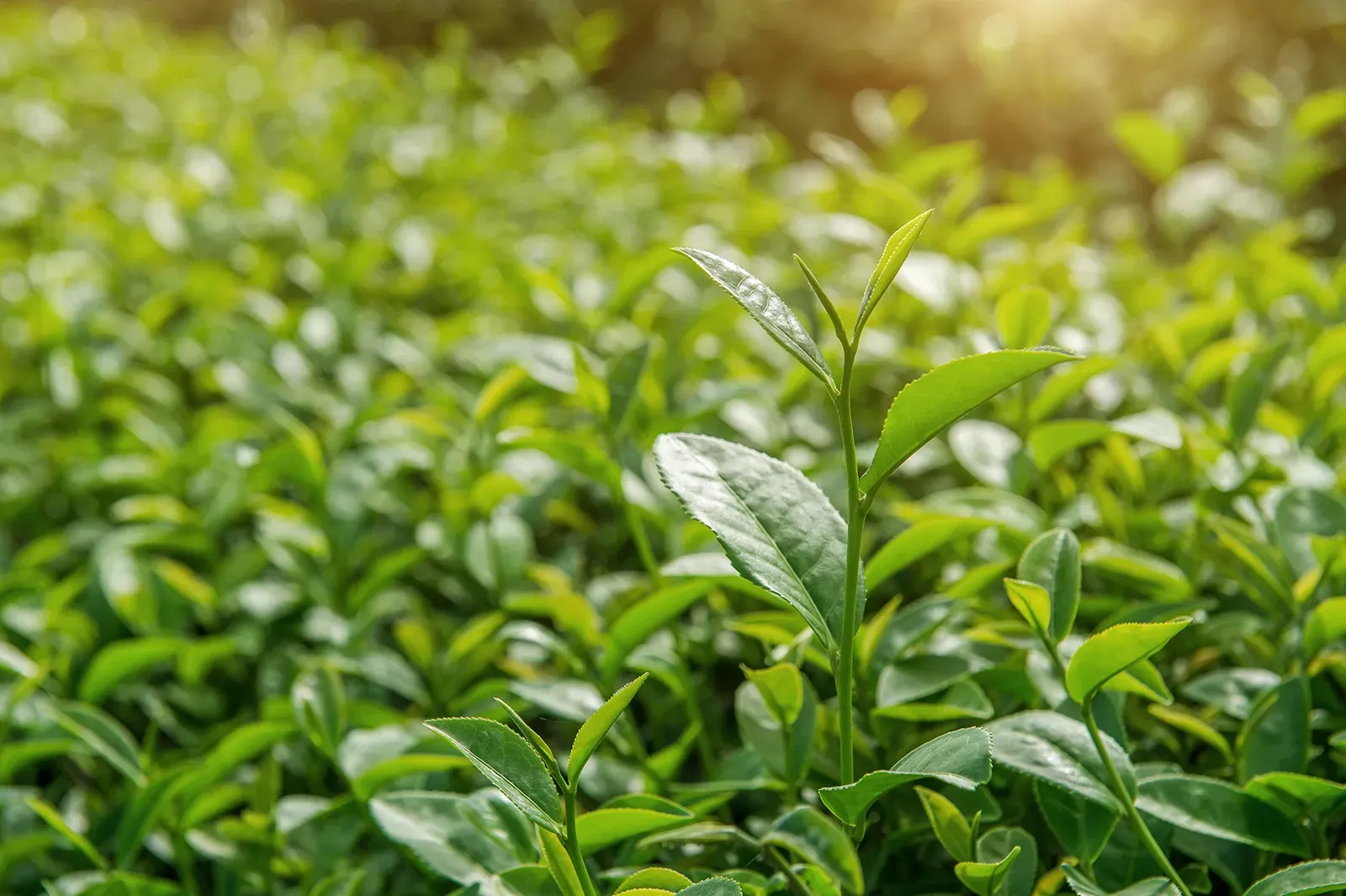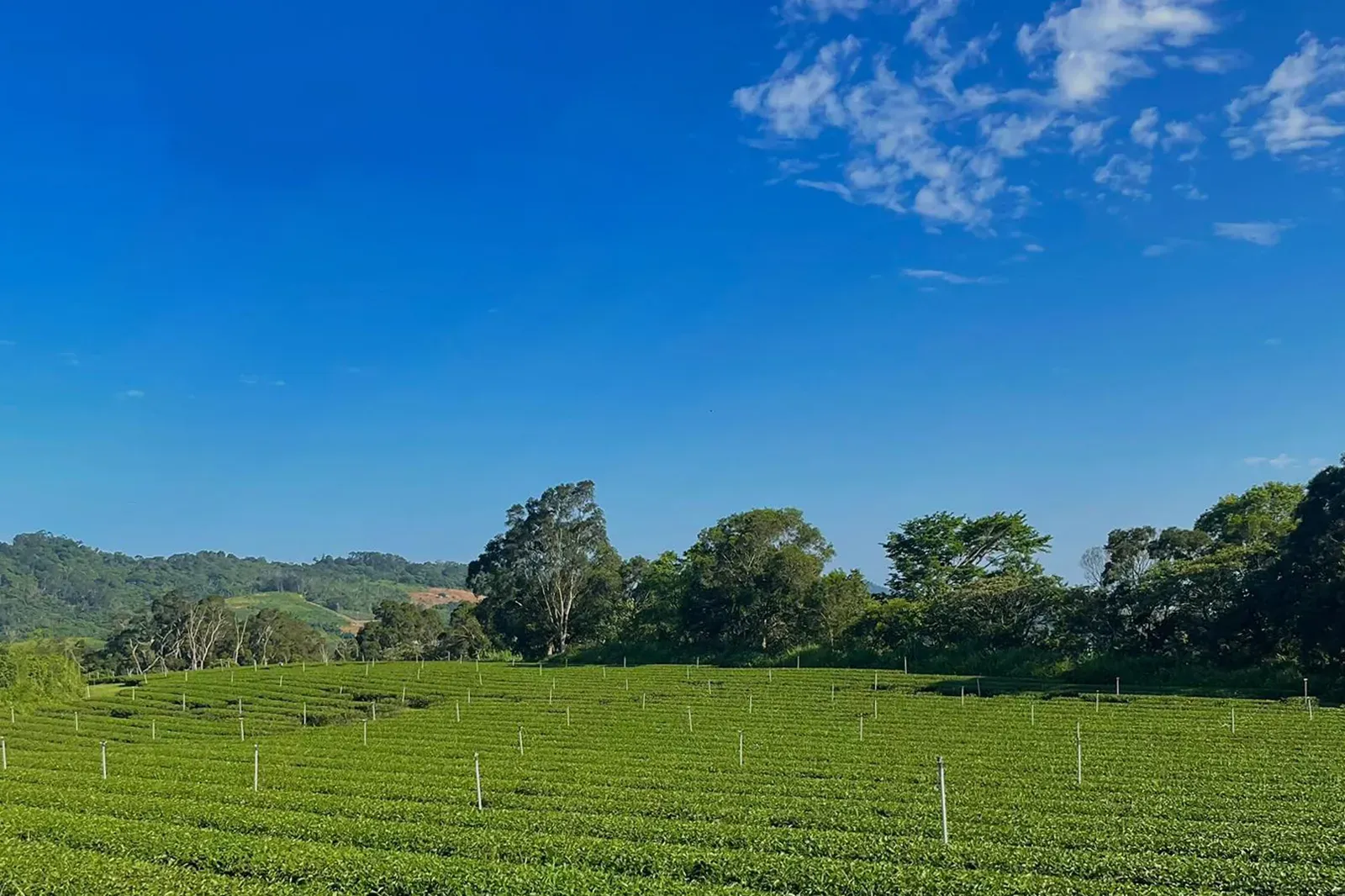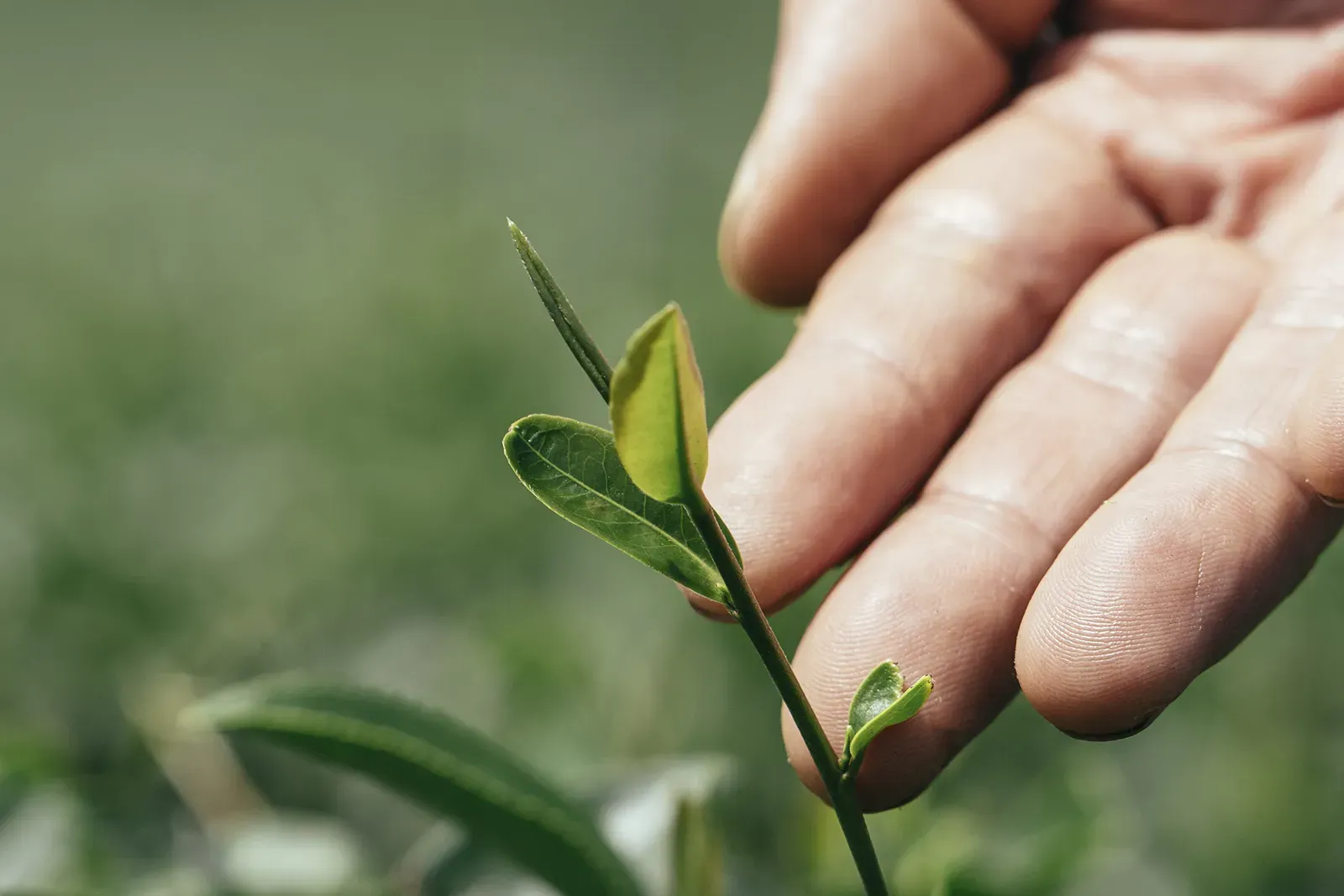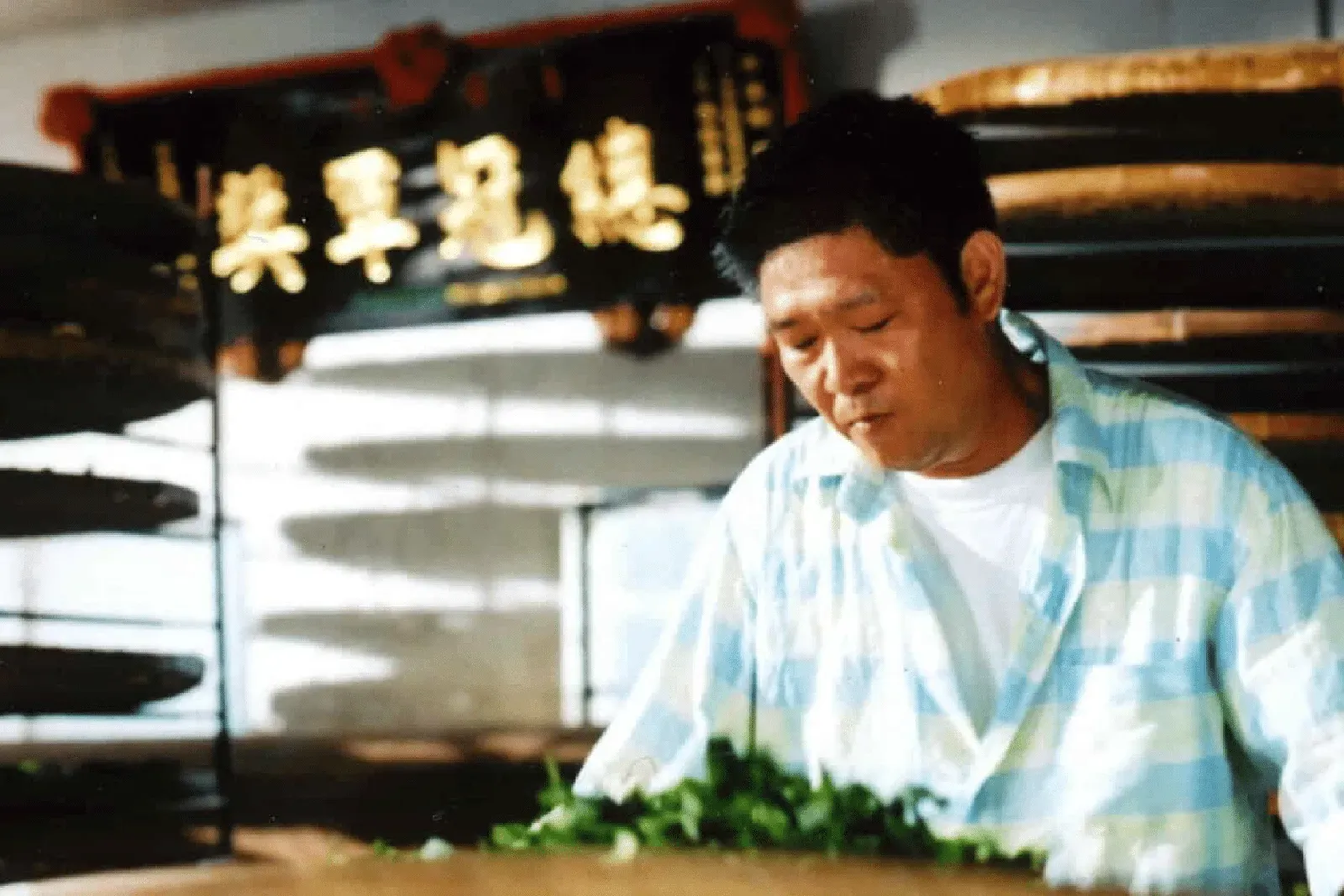When he first took over his parents' tea plantation, it was originally planted with large-leafed black tea varieties such as Assam, but no matter how he planted it, he couldn't get good results. Chen Xi-Qing thought that he had to find a way to improve it, so he went to his hometown in Nantou and brought back high-quality oolong, jinxuan, and other green tea varieties. However, the oolong tea that came out of it not only had the color of black tea, but also tasted bitter and astringent, and was laughed at as if it were a Chinese General's Soup. "When I saw that the Pinglin tea sold by other people's uncle could cost up to 800 yuan per catty, but my tea only cost 180 yuan per catty, I was puzzled as to where the difference lies.
As a result, Chen began to work and learn from masters in well-known tea-producing meccas in Taiwan, such as the Wenshan Bao tea plantation in Taipei and the Lugu Frozen Oolong tea plantation in Nantou. After a few years of working in the tea plantations, when Taiwan was promoting refined agriculture and Taitung started to implement improved tea factories, Chen Xi-Qing gradually built up his own set of tea growing experience.
"Many people of the older generation know how to make tea, but none of them can tell the steps and reasons for making tea. I have turned the tea-making experience of the older generation into a theory, and with Taitung's unique environment of good mountains and good water, I have grown good tea in one fell swoop."
Three years after returning to his hometown in Taitung to grow tea, Chen Xi-Qing participated in tea competitions in Hana and Taitung, and since then, his name has been a surprise, and for twenty consecutive years, Chen Xi-Qing's name has been inseparable from the Grand Prize, relying on tea to overcome obstacles along the way, and has won more than forty Grand Prizes with excellent results.
In 2005, she won the championship of Taiwan's First Best Tea Competition, setting a record of Taiwan's highest tea auction price of $880,000 per catty, and has since been named the "King of Tea". Chen Xi-Qing's Yun-Fang Tea Plantation is both a store and a home and factory for tea production, filled with plaques from the county government and tea associations, such as Champion Tea, Taiwan Tea King, and Double Crown King, etc., and some of the older plaques can only be shelved in the warehouse.
Now, not only the high mountain oolong, jinxuan, and the general black tea and green tea, Chen Xi-Qing has been actively developing new varieties in the recent two years, during the gap between the spring and winter harvests, and in the summer time.
